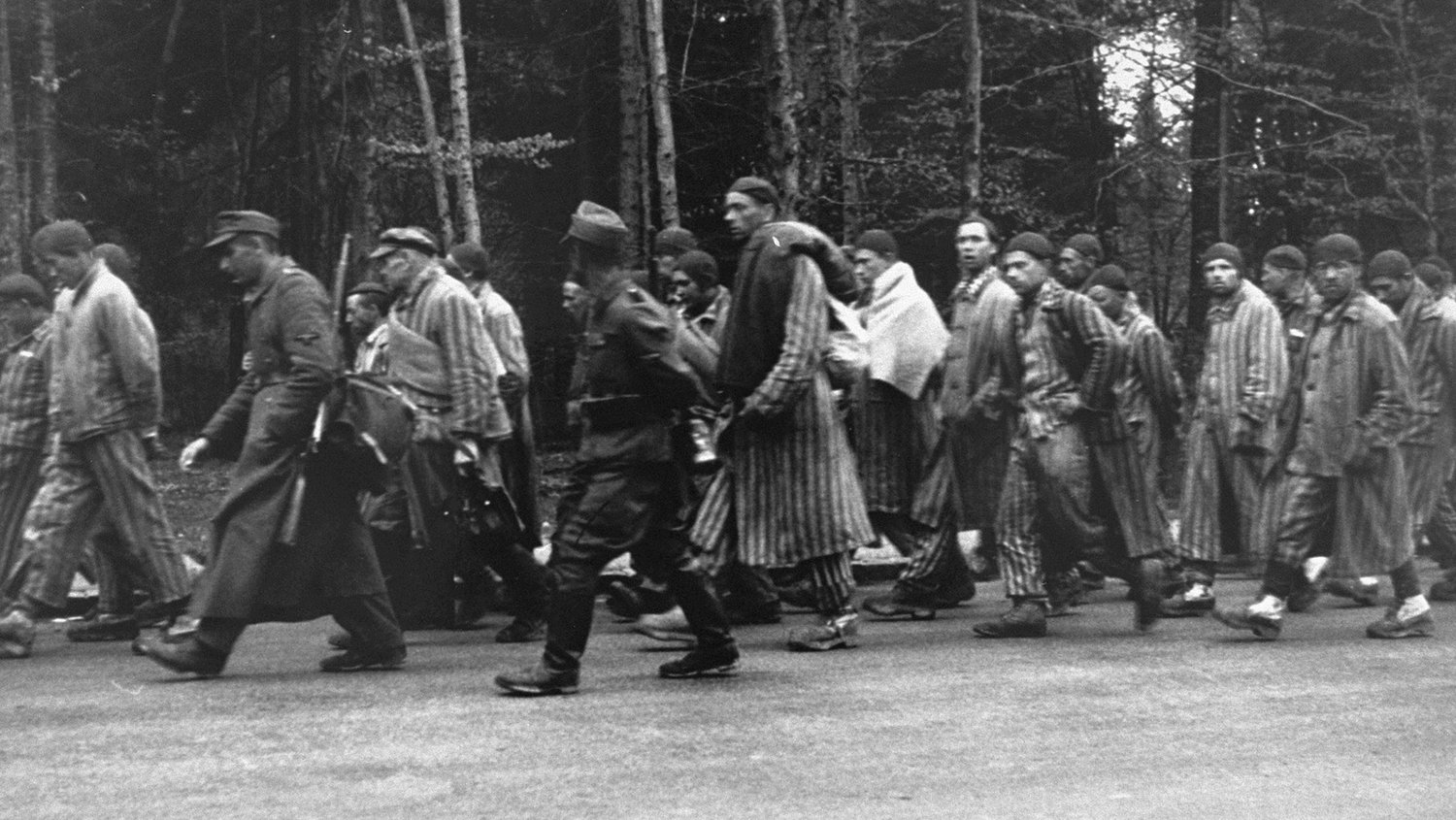The prospect of a United States president declaring martial law is a deeply contentious issue, raising fundamental questions about the balance of power and the erosion of civil liberties. While the U.S. Constitution does not explicitly grant the president the unilateral authority to declare martial law, historical precedents and legal debates have created a complex and ambiguous landscape surrounding this extraordinary measure. The implementation of martial law would have far-reaching and severe effects on the nation, effectively suspending the normal course of law and order and placing civilian life under military control.
Historically, the United States has witnessed instances of martial law being declared, though sparingly and often under specific and extreme circumstances. Perhaps the most notable example at the federal level was President Abraham Lincoln's use of military authority during the Civil War. Citing the need to suppress the rebellion, Lincoln suspended the writ of habeas corpus, a cornerstone of civil liberties that protects against unlawful detention, and authorized military trials for civilians. This move was famously challenged in the Supreme Court case Ex parte Milligan (1866), where the Court ruled that military tribunals could not be used to try civilians in areas where civilian courts were still operational.
Another significant, albeit more localized, instance occurred during the War of 1812 when General Andrew Jackson, who would later become president, imposed martial law in New Orleans to defend against the British. His actions included the enforcement of curfews, censorship of the press, and the detention of those who challenged his authority. These historical examples, while not setting a clear and undisputed precedent for a nationwide declaration of martial law by a president, highlight the tensions between executive power and constitutional rights during times of crisis.
The legal foundation for a president's power to declare martial law is a subject of intense debate among legal scholars. There is no specific clause in the Constitution that defines martial law or explicitly outlines the president's authority to impose it. Proponents of presidential power often point to the President's role as Commander-in-Chief of the armed forces and the "Take Care" Clause, which obligates the president to ensure that the laws are faithfully executed.
However, several legal barriers stand in the way of a unilateral presidential declaration of martial law. The Posse Comitatus Act of 1878 generally prohibits the use of the U.S. military for domestic law enforcement purposes without congressional authorization. While the Insurrection Act of 1807 provides an exception, allowing the president to deploy troops domestically to suppress an insurrection or enforce federal laws, its invocation is a serious step and does not automatically equate to a full-scale declaration of martial law.
The effects of a presidential declaration of martial law on the United States would be profound and transformative, fundamentally altering the relationship between the government and its citizens. Key consequences would likely include:
Suspension of Civil Liberties: The most immediate and significant impact would be the suspension of fundamental rights enshrined in the Constitution. This could include the writ of habeas corpus, leading to detention without trial. Freedoms of speech, assembly, and the press would likely be curtailed to prevent dissent and maintain order as defined by the military.
Military Control over Civilian Functions: Civilian courts could be replaced by military tribunals, and law enforcement would fall under the purview of the armed forces. The military could impose curfews, restrict travel, and conduct searches and seizures with a degree of authority far exceeding that of civilian police.
Erosion of the Rule of Law: The very essence of a democratic society, the rule of law, would be supplanted by military directives. The principle that all individuals are subject to and protected by the law would be undermined, and replaced by a system where military necessity dictates justice.
Economic Disruption: The imposition of martial law would likely lead to significant economic turmoil. Business operations could be disrupted, supply chains interrupted, and public confidence in the economy could plummet.
Social and Political Unrest: Far from guaranteeing order, a declaration of martial law could provoke widespread public opposition and social unrest. The sight of the military patrolling American streets could be seen as a sign of tyranny, potentially leading to further conflict and division.
In conclusion, while the United States has historical, albeit limited, experience with martial law, a modern-day presidential declaration remains a legally gray and highly perilous proposition. The absence of clear constitutional authority, coupled with the profound and detrimental effects on civil liberties, the rule of law, and the very fabric of American democracy, underscores the gravity of such an action. It is a measure of last resort, contemplated only in the face of the most extreme national emergencies, and one that carries the inherent risk of transforming the nation into a state unrecognizable to its founding principles.

